
5 minute read
MEMORIES TO CHERISH,...
FROM PAGE XXIII victories meant nothing to him because he felt fate had robbed him of the most beautiful thing in his life.
But no one can change the script of life written by fate and that he learned.
Advertisement
It was again, a Christmas holiday weekend, the last night, a quiet night, when he had pushed the bike, riding blindly, challenging the entities of danger and tragedy. He had felt the crash and the pain before darkness started to cloud his consciousness.
And in the next few seconds, something happened that changed his life.
He saw them standing beside him at the crash site, his mother and father, now God’s angels, and the last thought on his mind was that they were there to take him with them. But his mother held his hand as paramedics arrived and spoke to him softly, “Don’t wreck your life, son. There’s so much to live for. We have been watching over you, so the best of you can shine forth.”
“We love you so much, son,” his father said, “A wonderful future awaits you and a family legacy to carry on. Also, Duke needs you; don’t leave him to grieve.”
They had kissed him. Their cute little boy had now grown into such a strong, handsome young man, and the weak beats of his heart grew stronger. The thought of knowing they had been in his life, watching over him rebuilt his shattered mind and lifted the burden of pain from his heart. He had opened his eyes and smiled a little, knowing now there was something of great worth in his life to live for.
For every moment, there is a new beginning and a new year dawned for him with hopes and warm aspirations. The life he now understood comes with twists and turns and though there would be challenges along the way, the most beautiful thing would be the memories he cherished and the moments he lived.
Through the months of recovery from his injuries, he brought smiles and happiness to his grandparents, and no more tears and worries. Now he understood the miracles on the race tracks and roads, and the heartwarming feelings on his birthdays. He registered at university and began studies in medicine, wanting now to dedicate his life to saving lives and to stop flirting with danger.
Dylan returned the sketchbook to the bookshelf and inhaled deeply with satisfaction. Today, he stood tall and proud, a graduate who embarked on a new phase in his life as a doctor. He looked up at the heavens and said, “Thank you so much. Stay with me a little longer if you can for I still need you.”
A small gust of wind ruffled his hair, Duke barked happily and Dylan smiled, a happy feeling in his heart too, knowing he had two guardian angels.
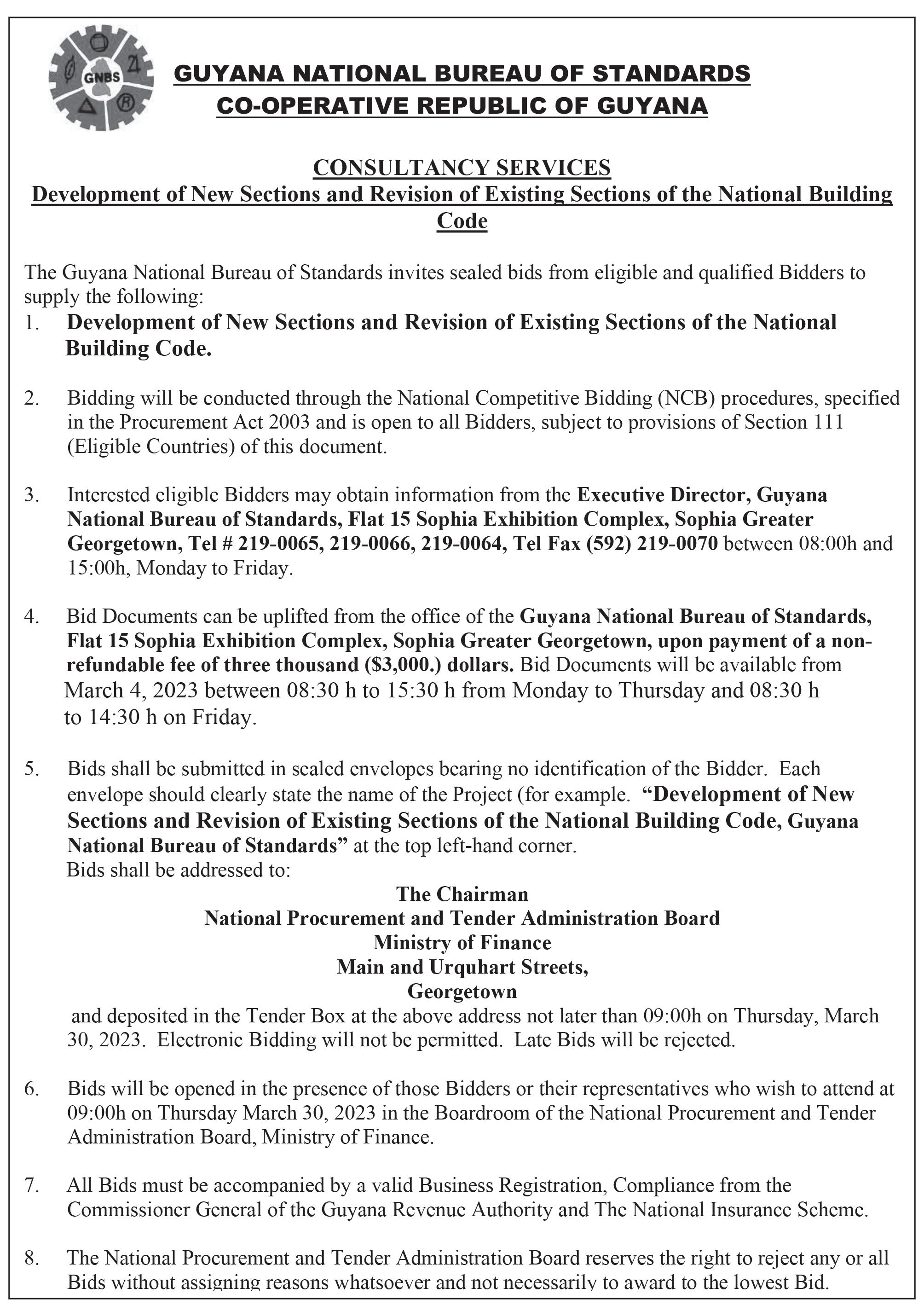
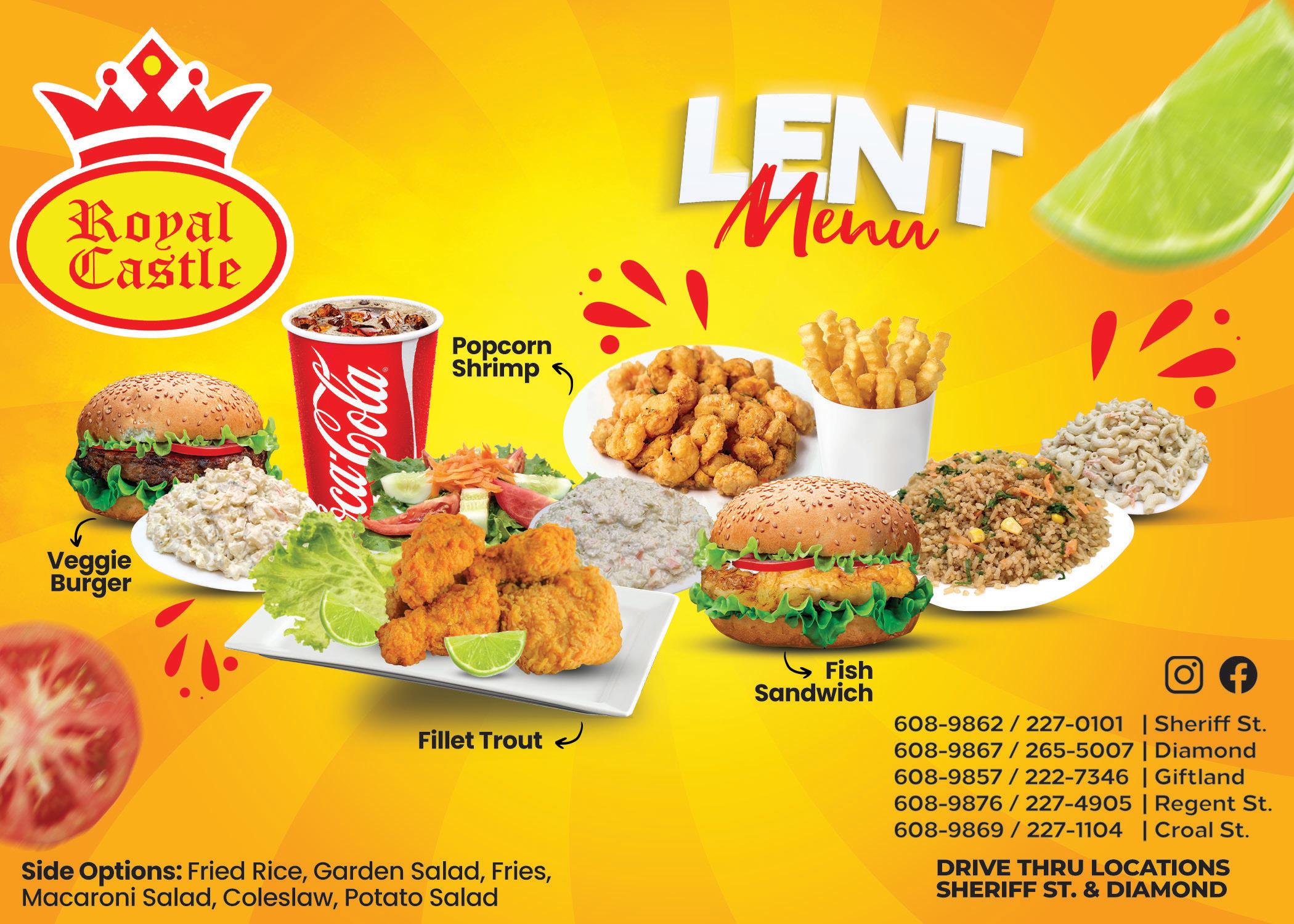
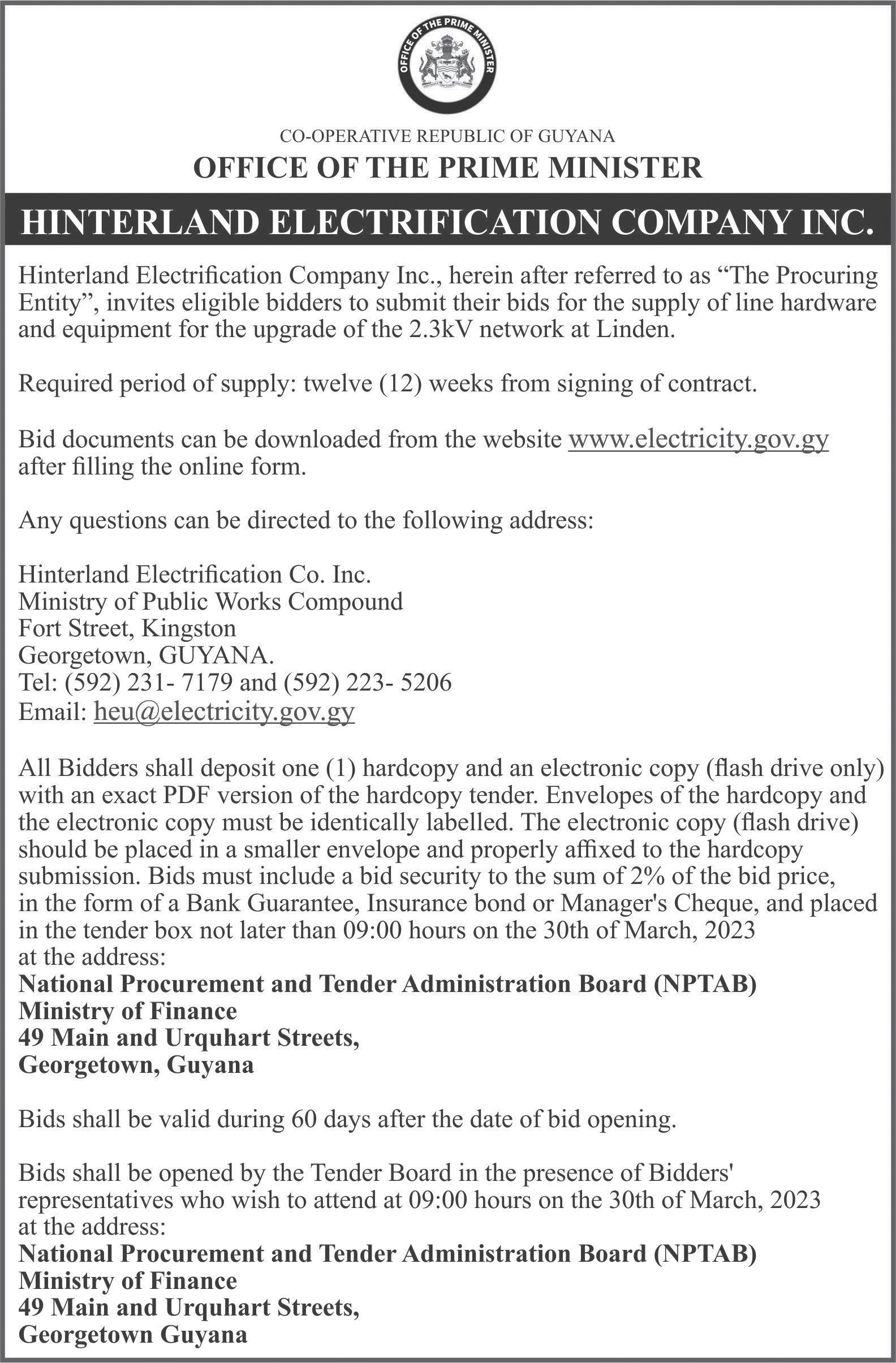

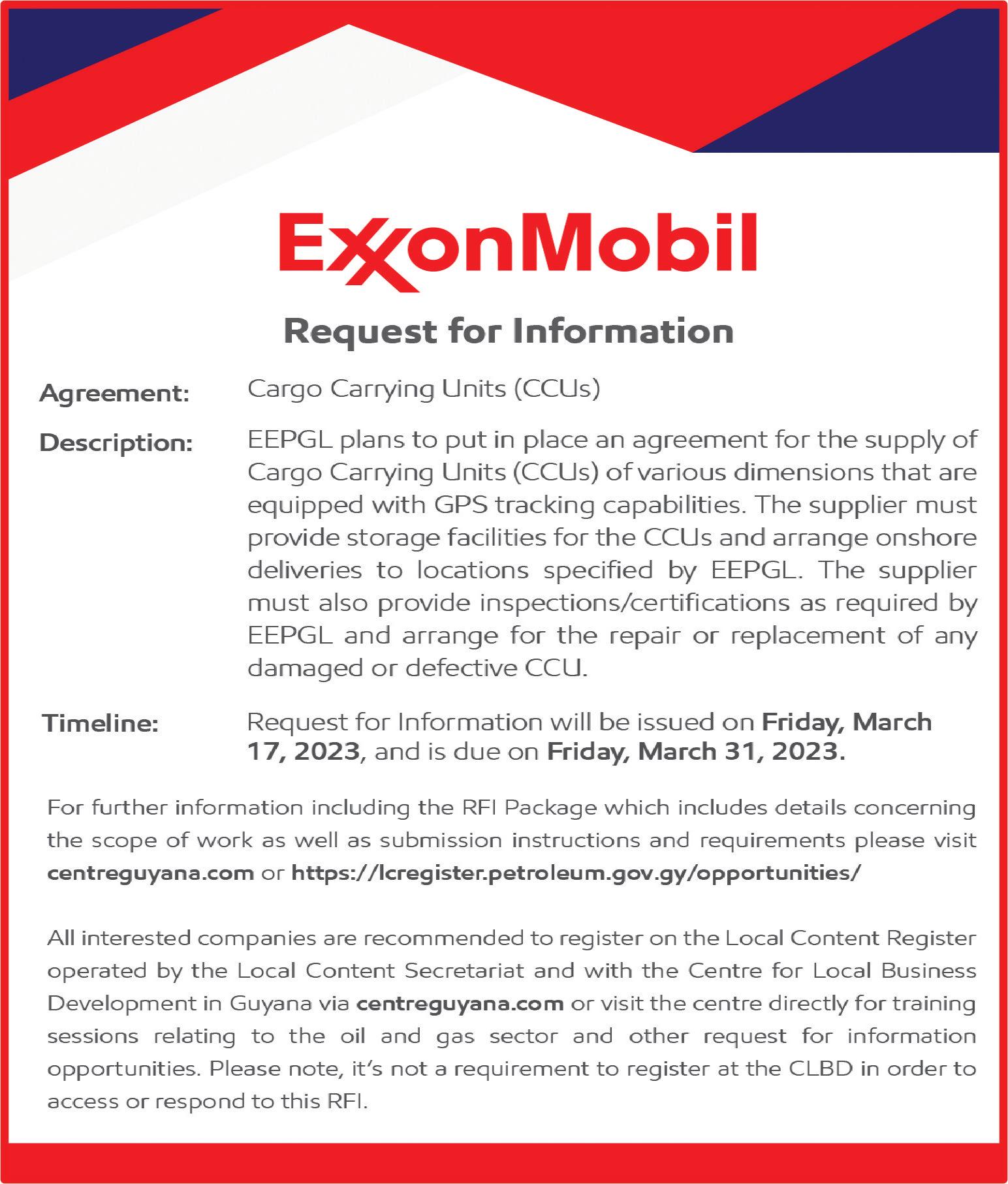



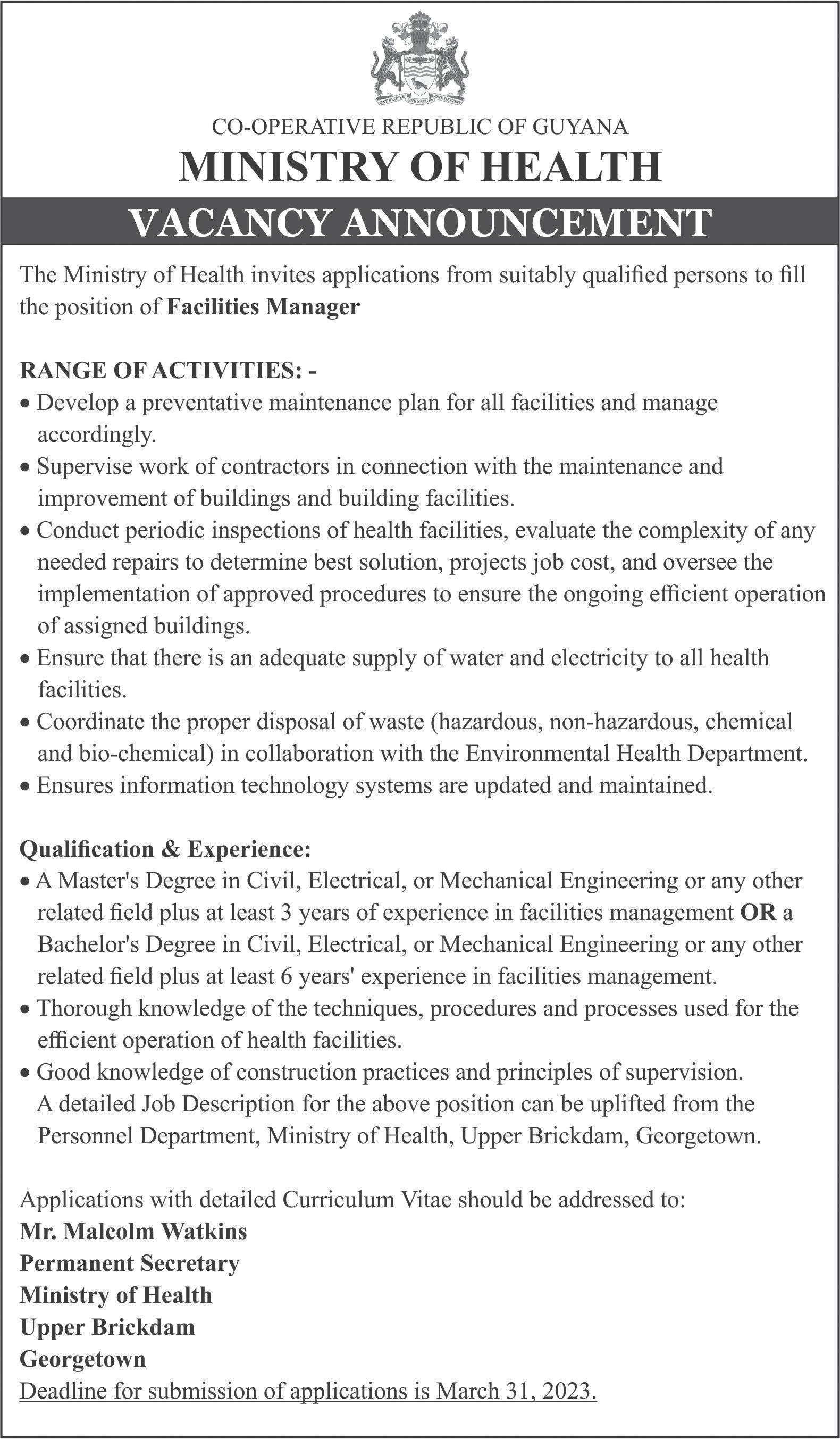
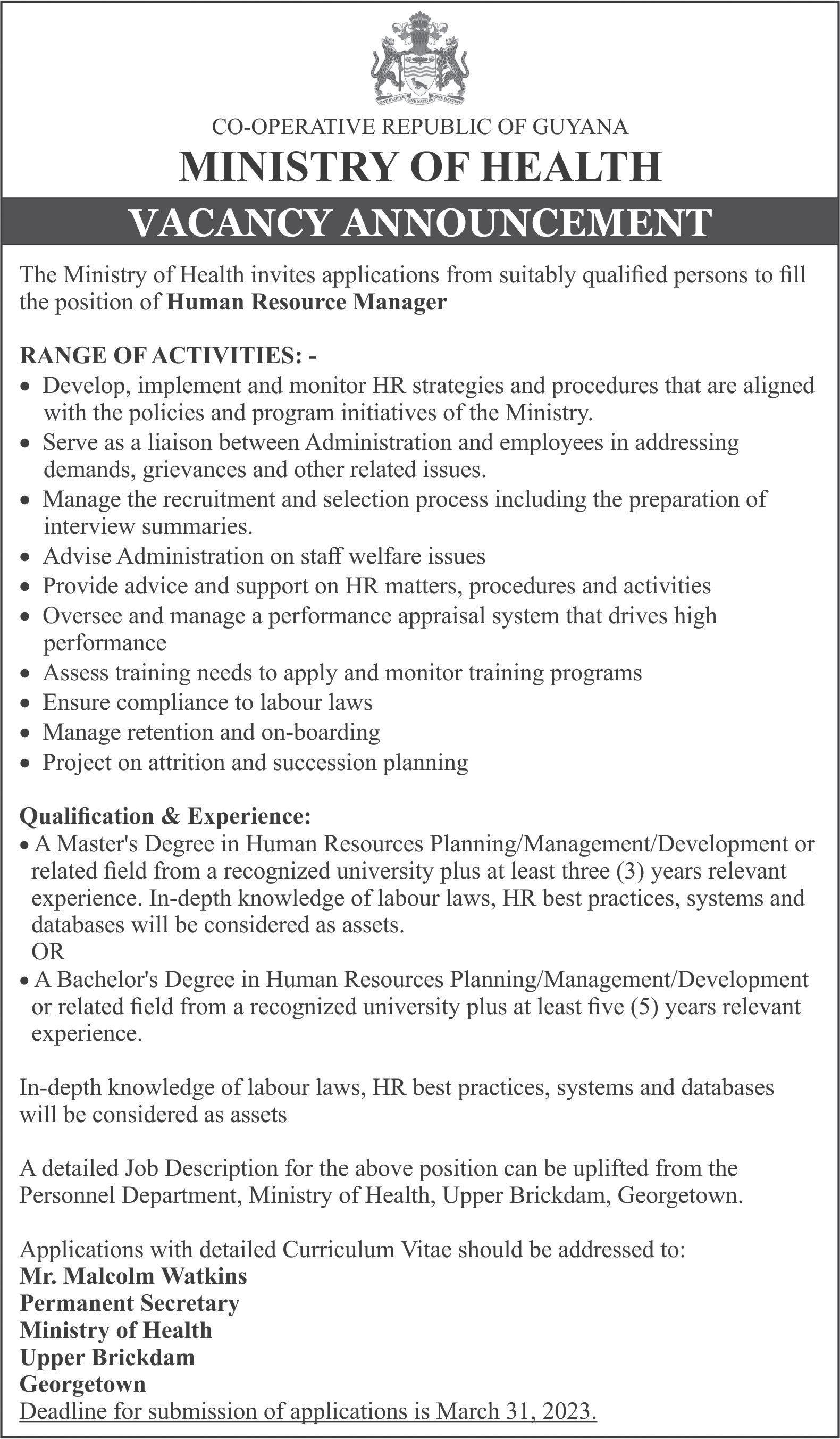
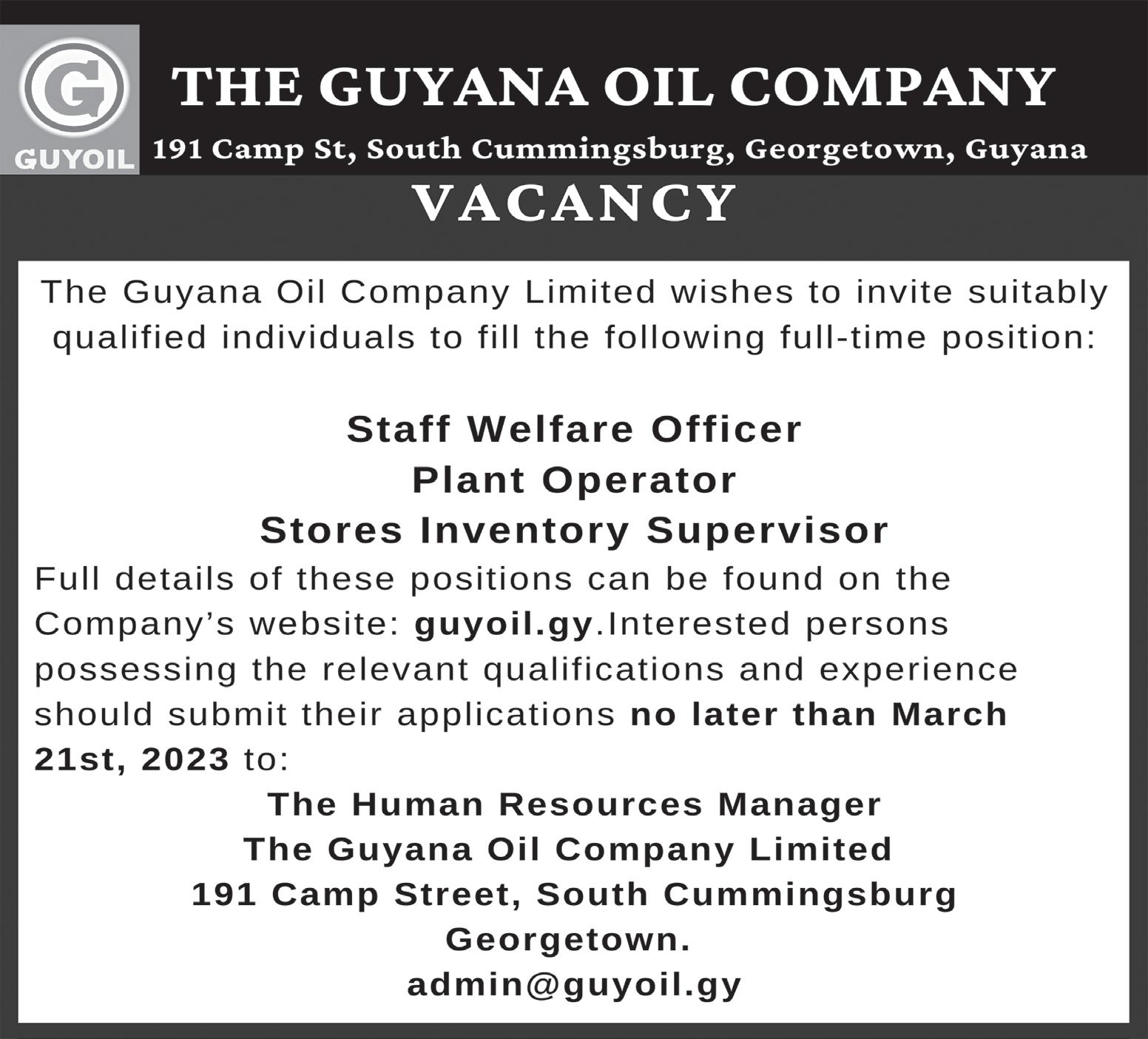
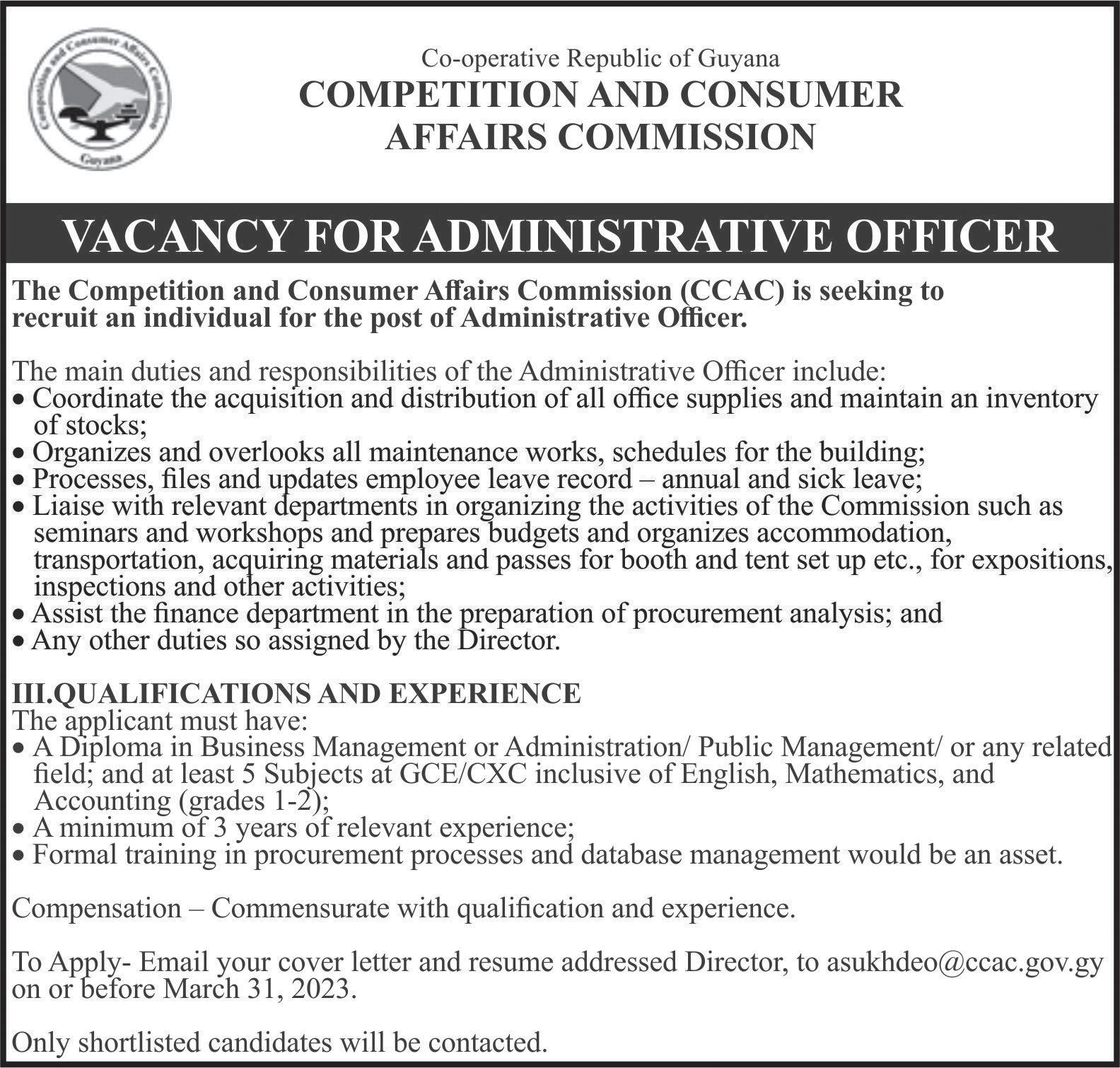

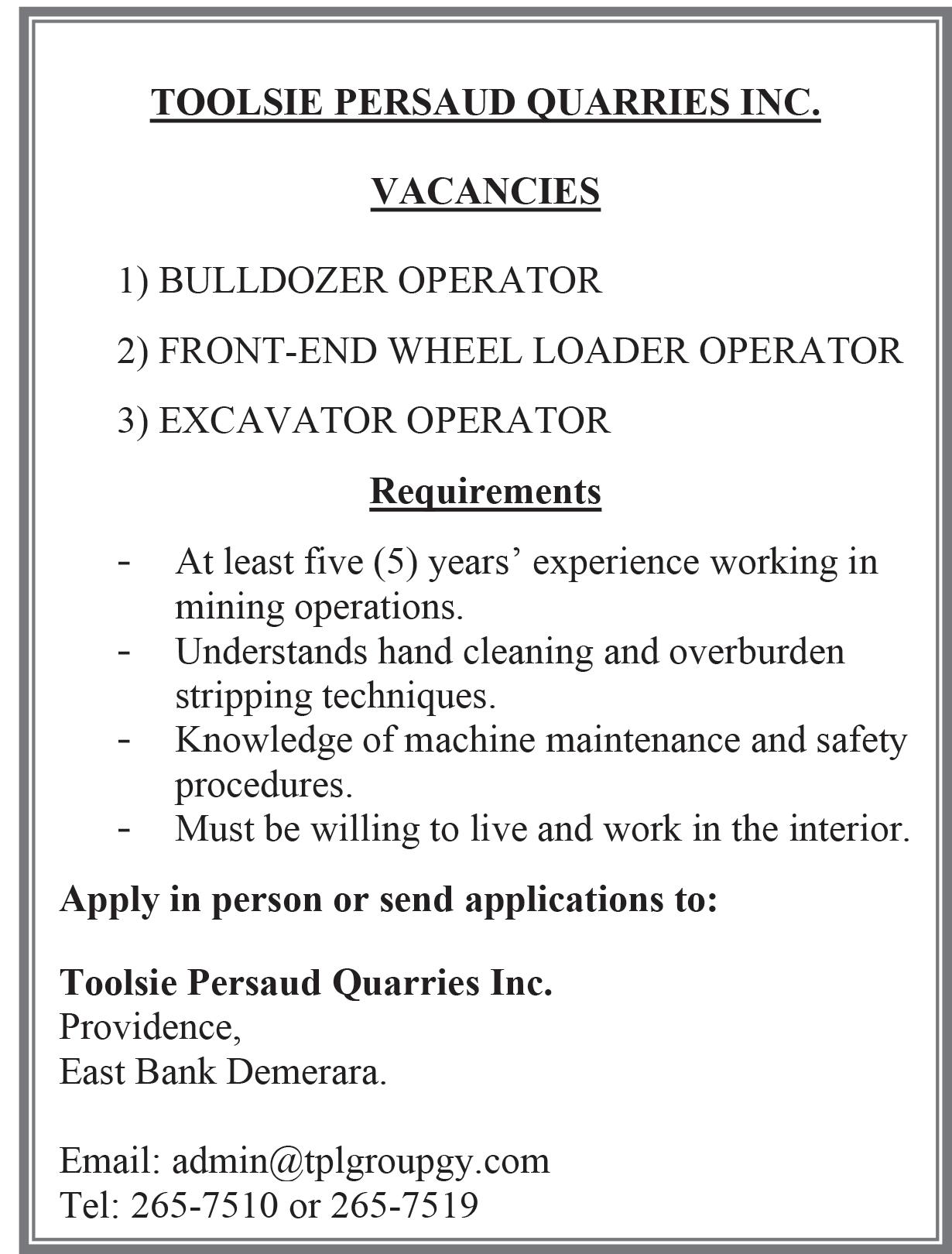
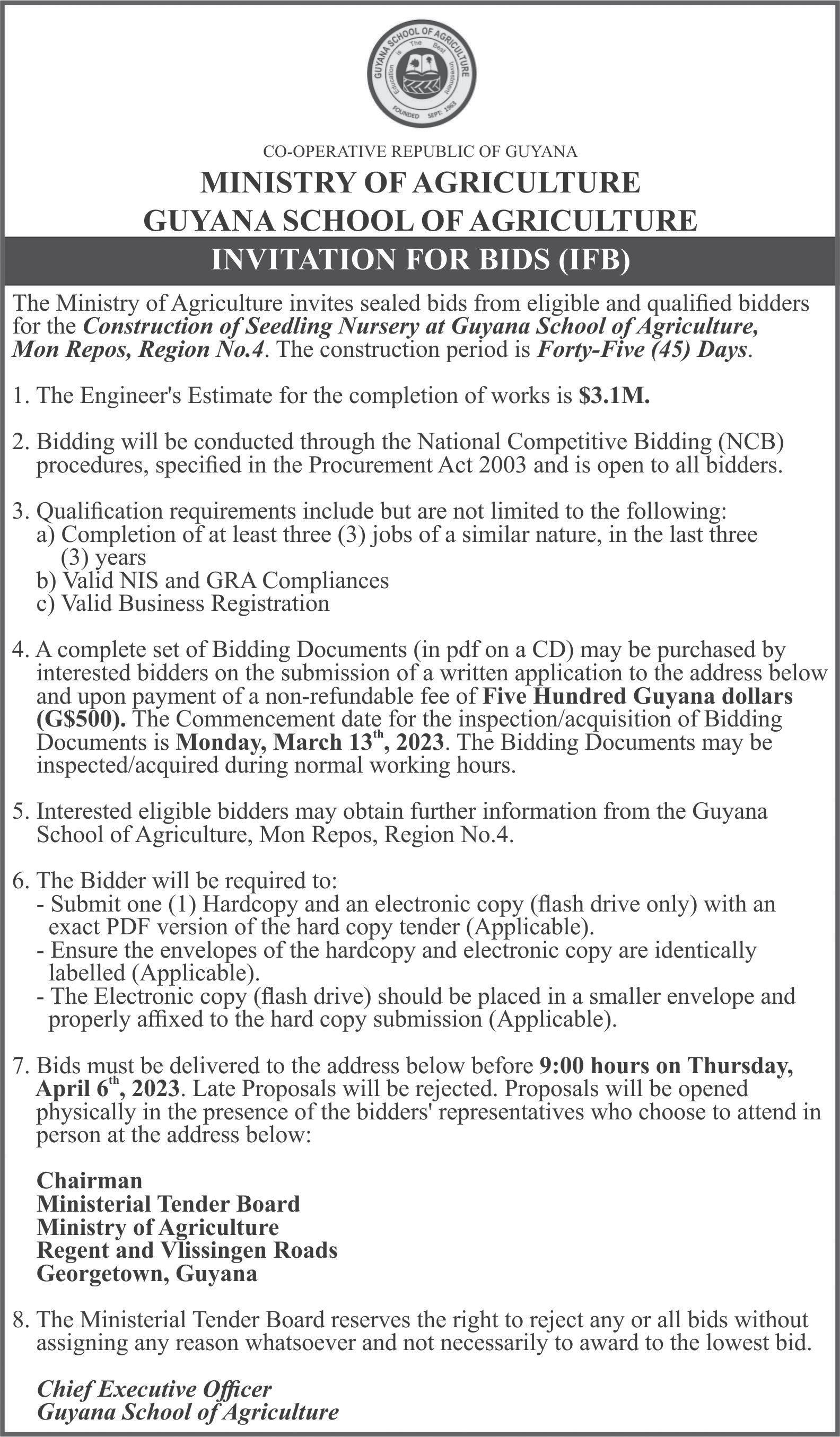
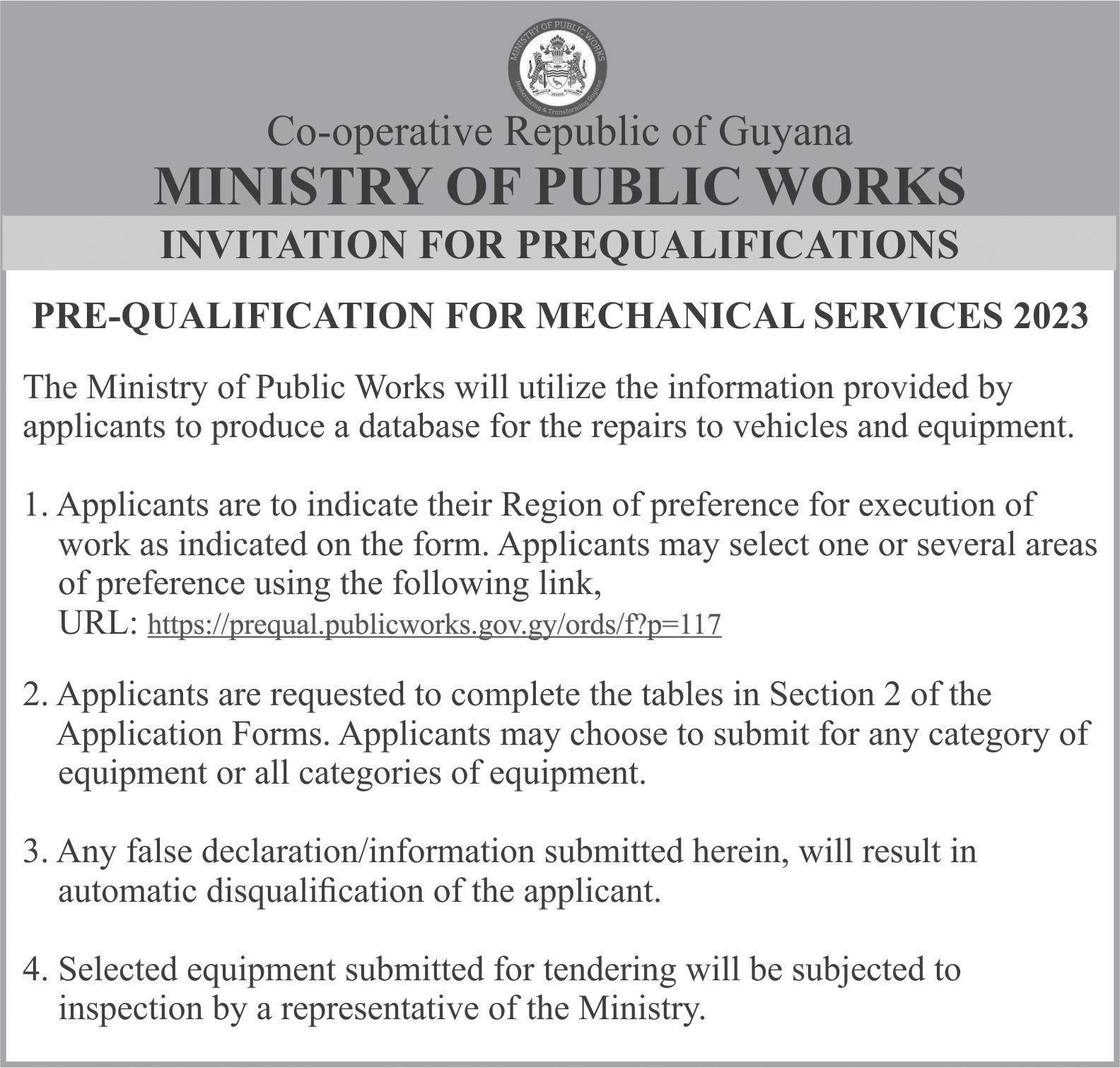
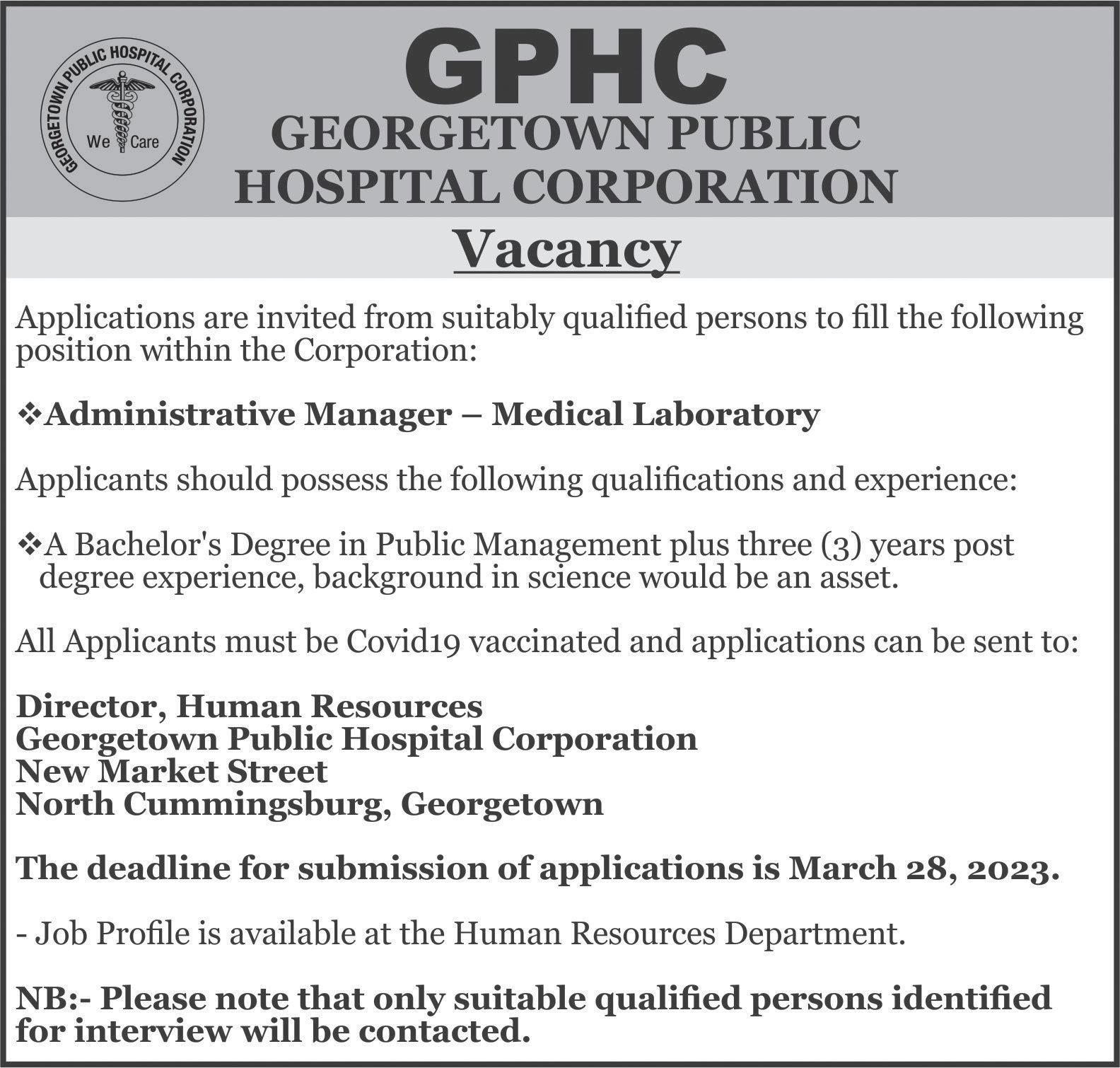



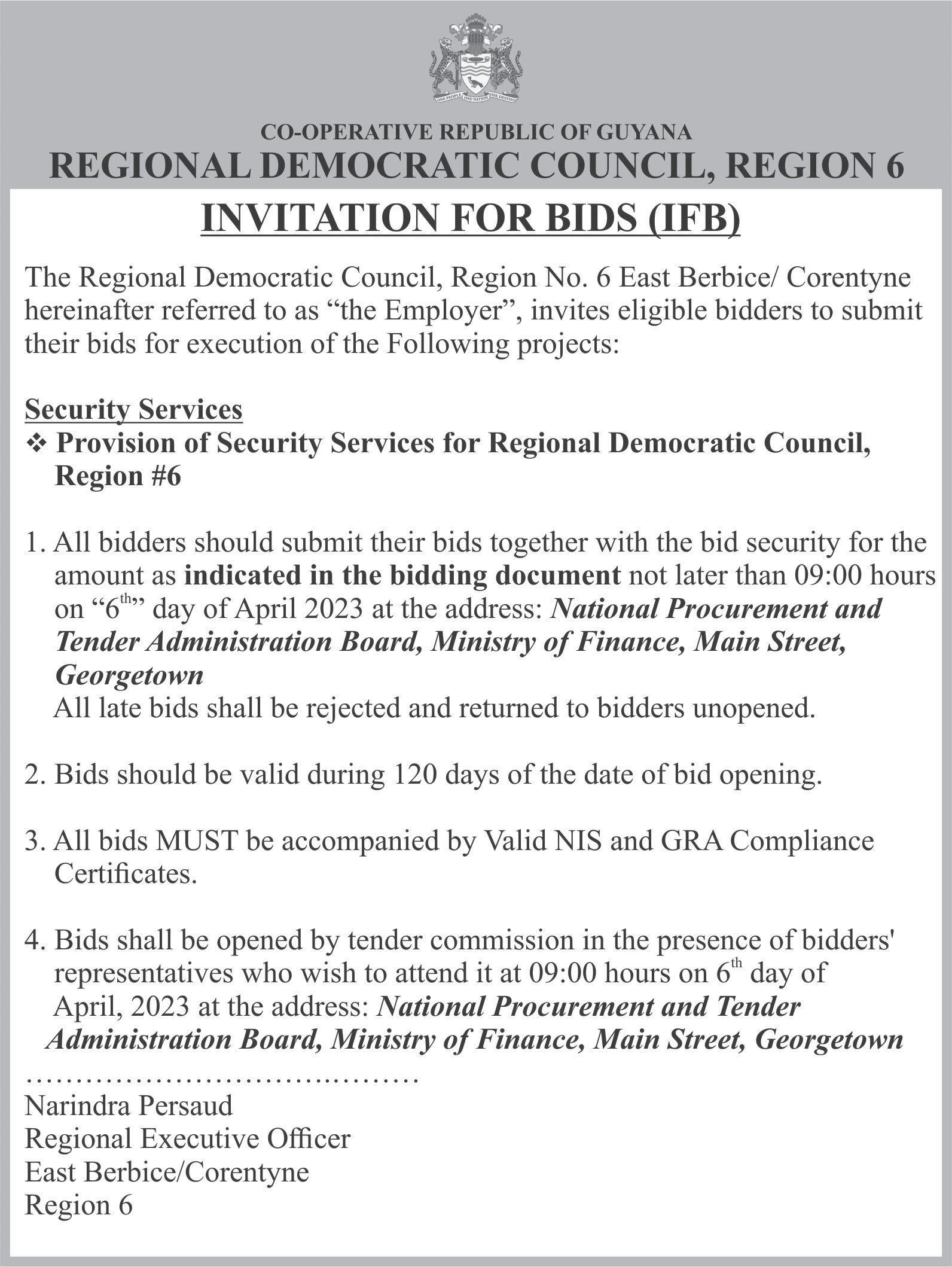
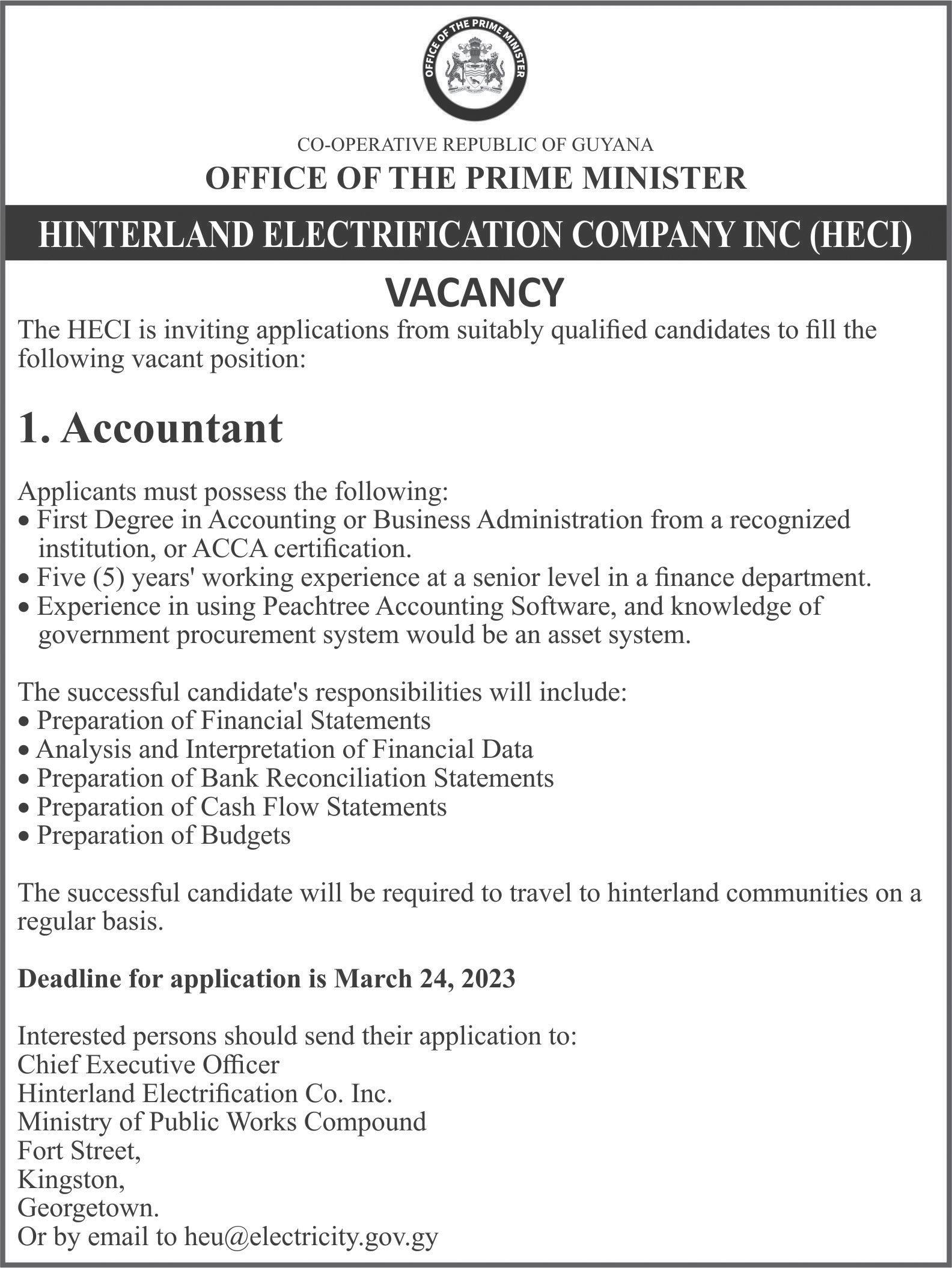
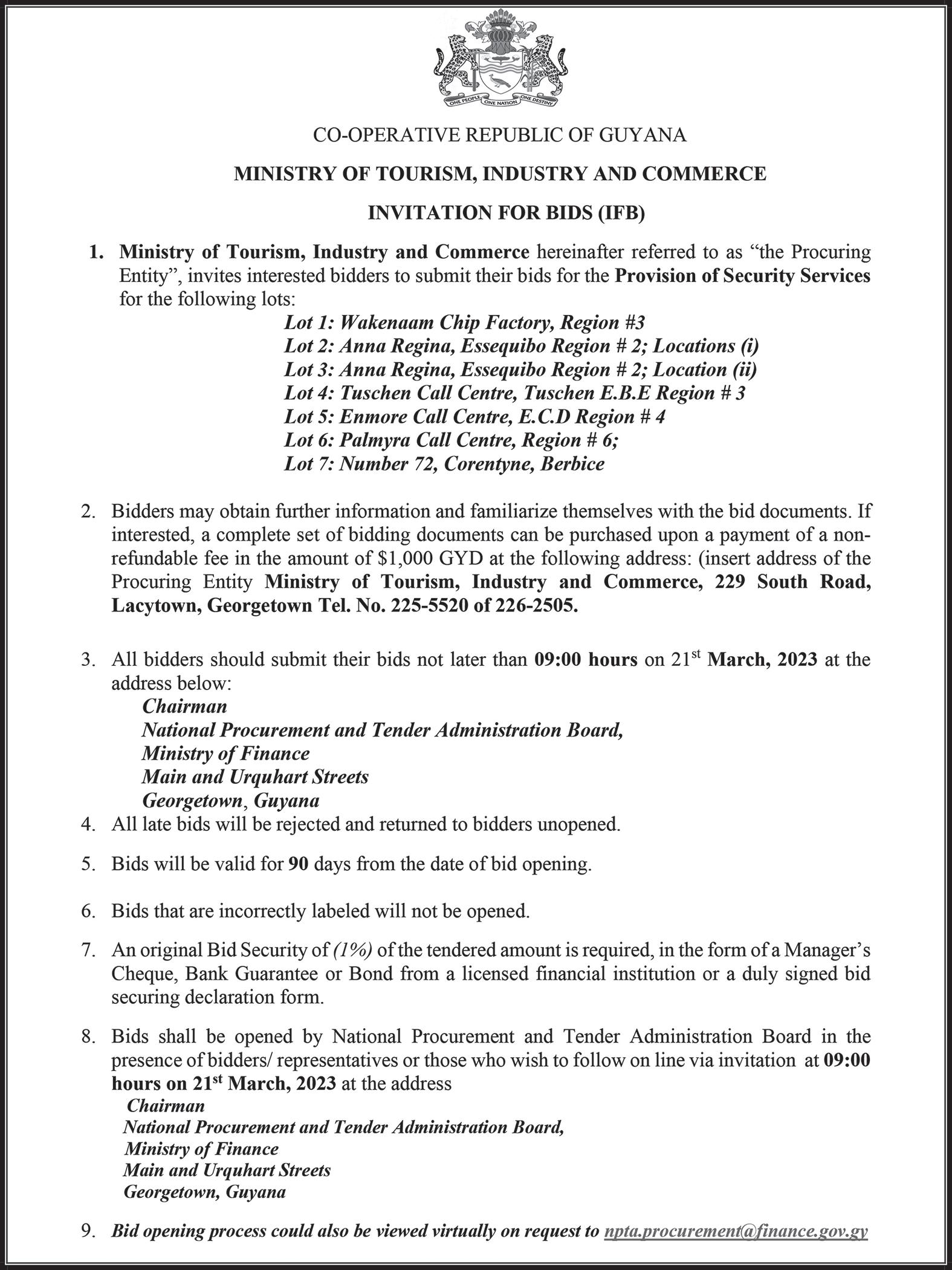
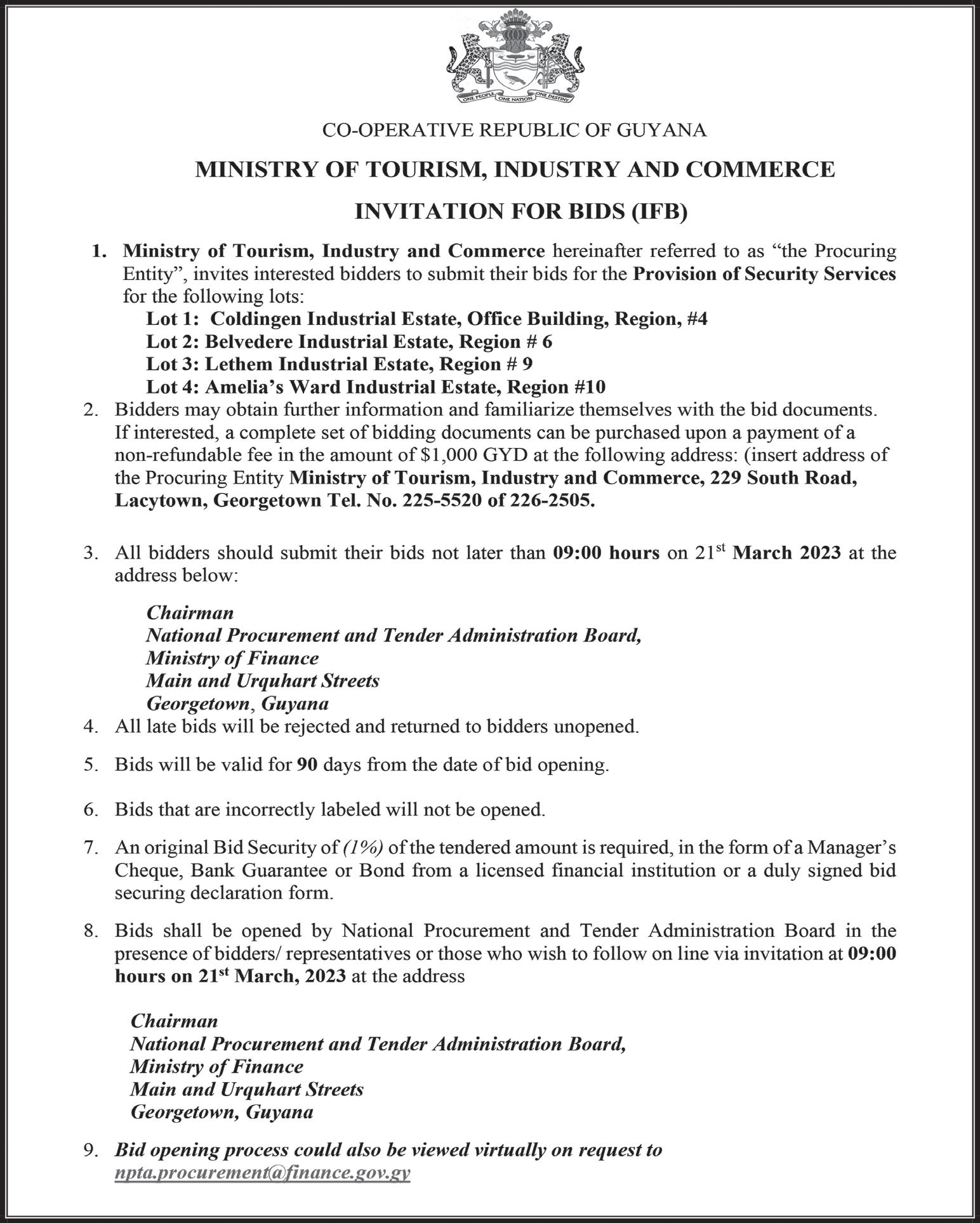
Thought For Today
From the waterfall he named her, Minnehaha, Laughing Water. HENRY WADWORTH LONGFEL- LOW (1807-1882) Hiawatha and Mudje- keewis
Study Success
Dear Student,
Welcome dear friend.
A successful discussion session depends upon how prepared you are. Know your points, decide on definitions, analyse the problem, and consider likely solutions. Prepare for possible compromise; do so gracefully. Do not hog the discussion. Listen carefully
March 19, 2023 to points proffered and not repeat them unnecessarily. Recognise worthwhile ideas and reject weak or false ones. Avoid arguing. Remain open-minded throughout. If a course of action is to be settled upon, abide by majority decision. Be wise.
Love you.
THE PASSAGE
There is a great deal of poison or pollution in the air we breathe. A great deal comes from the fuel we burn. Motor vehicles burn gasoline which gives off a poisonous gas called carbon monoxide. Some countries have many factories that burn coal. Those factories, beside creating any jobs, also poison the air, rivers, lakes and seas. Coal that is burnt gives off a poisonous gas called sulphur dioxide. Pollution is not good for our health. It is not good for the fishes and all other animals that live in rivers and streams. Carbon monoxide and sulphur dioxide can cause death. Carbon monoxide can also cause people to become drowsy or to suffer from headaches.
The wind and rain help to rid air pollution but cannot get rid of all of it. Sulphur dioxide in the air mixes with water vapour to form an acid which, in many parts of the world, is present in the rain and snow. Acid rain not only pollutes the waterways, but it has begun to destroy many statues in several parts of the world.
Something to Do
1. The passage is mainly about
(A) sulphur dioxide
(B) acid rain (C) carbon monoxide (D) causes and harm of air pollution
2. Much pollution in the air comes from
(A) rain and snow.
(B) fuel we burn. (C) coal some countries mine.
(D) waterways and airways.
3. In what ways are carbon monoxide and sulphur dioxide alike?
(A) Both are emitted from vehicles. (B) Both are found in garbage and garages. (C) Both are poisonous. (D) Both are produced by animals.
4. Acid rain
(A) is good for our health. (B) helps citrus fruits become acid. (C) may kill fish in waterways. (D) harms wooden fences more than fish.
5. In what way does the wind help keep the air clean?
(A) by blowing in gusts all day (B) by blowing away poisonous gases (C) by blowing toward factories (D) by blowing on roadways
6. Make a summary of this passage.
Improving Punctuation
Accurate use of the apostrophe (’)
Of the proper use of punctuation marks, one authority stated that their user in written language must be able to halt words, slow their pace by pauses, allow people’s remarks and speeches to be introduced and concluded, engineer interruptions, give emphatic gestures, and suggest queries and mysteries by them.
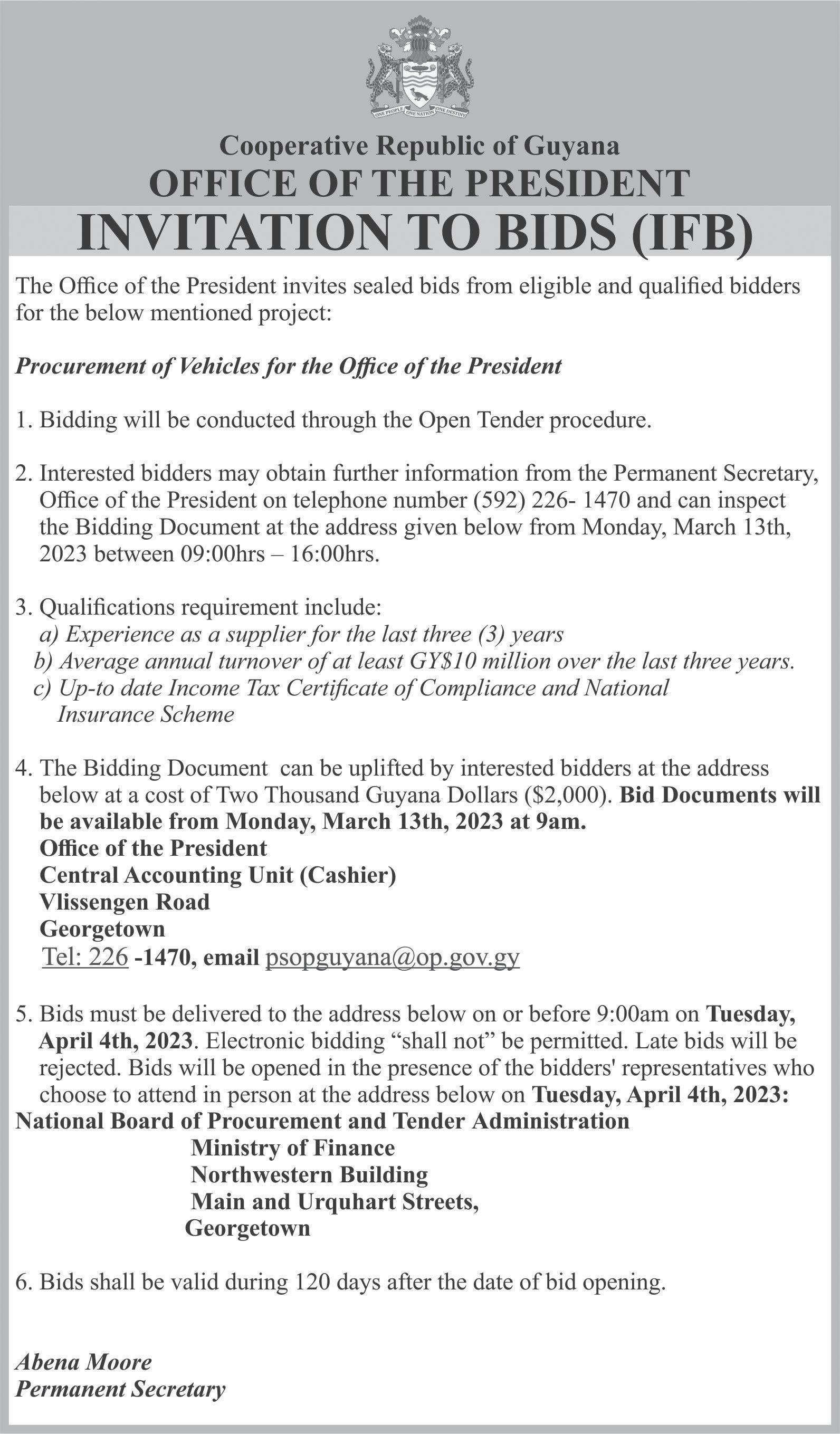

Today we deal with some uses of the apostrophe (’).
1. (Singular nouns). Use the apostrophe to signal the possessive case of a singular noun. Do not add any letters; do not drop any. Then add an apostrophe and s (’s).
Examples: nurse/a nurse’s cap; child/ the child’s speech; clown/the clown’s costume; Ms. Byrnes/Ms. Byrnes’s corsage
Singular personal nouns sometimes cause trouble. Some authorities favour adding only an apostrophe if the noun itself ends with an s. Following that rule works well enough in written material; in spoken language, however, unless the s is added, one cannot always be sure what the name is. Examples: Mr. Walter/Mr. Walter’s nephew; Mr. Walters/ Mr. Walters’ nephew. Then, when you speak you must say Mr. Walters’s nephew.
2. (Plural nouns). To form the possessive case of a plural noun, first write the plural noun. Do not add any letters; do not drop any. If the plural form ends in s, add only an apostrophe. If the plural form does not end in s, add an apostrophe and s (’s). Examples: (i) (a) Plural form not ending in s: gentlemen/gentlemen’s washrooms; (b) Plural form ending in s: boys/boys’ trousers.
(ii) Multiple noun possessives - joint ownership: Add the apostrophe to the last noun – Browne and Stephenson/ Browne and Stephenson’s Enterprises.
(iii) Compound noun possessives and else. Add the apostrophe to the last word – sister-in-law/ sister-in-law’s properties; someone else’s shoes.
(iv) Pronouns and adjectives. No one should ever use an apostrophe with possessive adjectives and possessive pronouns. They are already in the possessive! Example: Mom, is this our family’s new house? Yes, it is ours.
(v) Look at it’s. It’s means it is. You must not use an apostrophe with the possessive pronoun or the possessive adjective.
Example: The cat returned home with its newborn kittens.
3. (Contractions). Use the apostrophe to mark contractions.
Examples: haven’t; I’m; five o’clock; the Christmas of ’22.
[Look out for four more aspects to the use of the apostrophe in our next issue.]
Something to Do
Read each sentence. Then, using the possessive of each word in brackets () supply other needed apostrophes.
1. Because (John) grandmother is ill, the book club postponed its meeting billed for today.
2. I asked (Sandra) permission to borrow her (mother) flowering plant pots.
3. The beginning wont matter much, but the end is important. Do try to attend.
4. The Holmeses have a new lawn mower. The (Dawson) mower is old.








